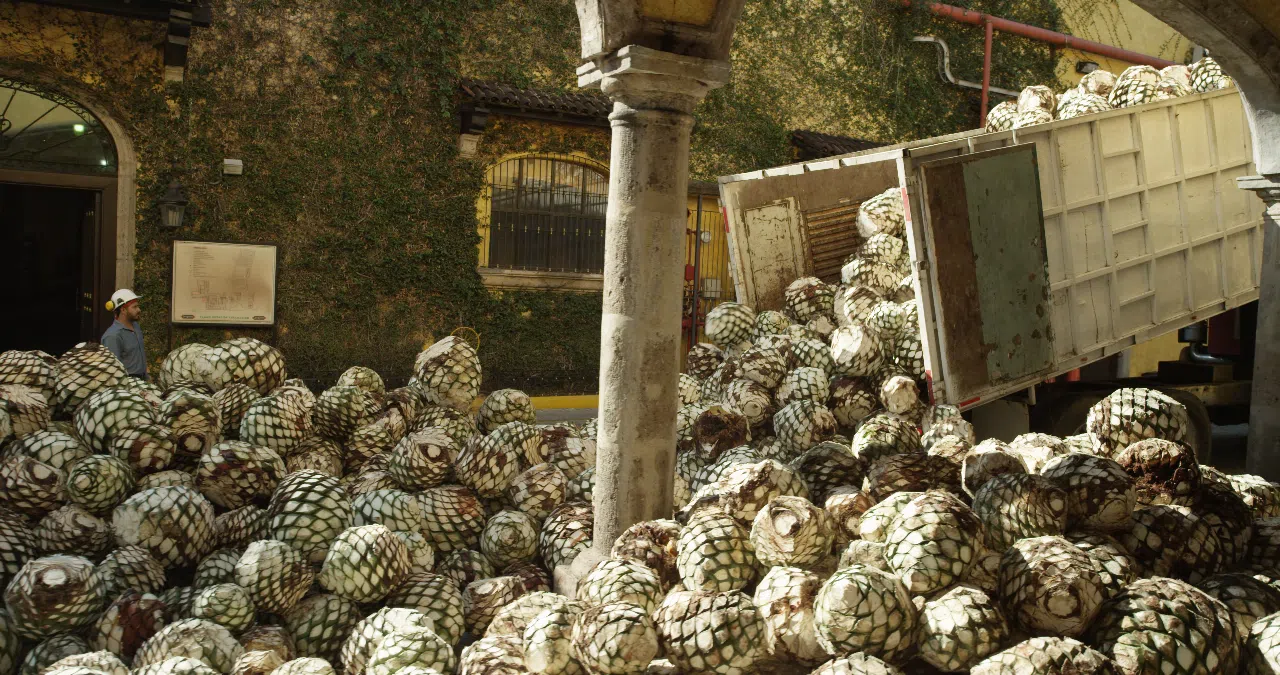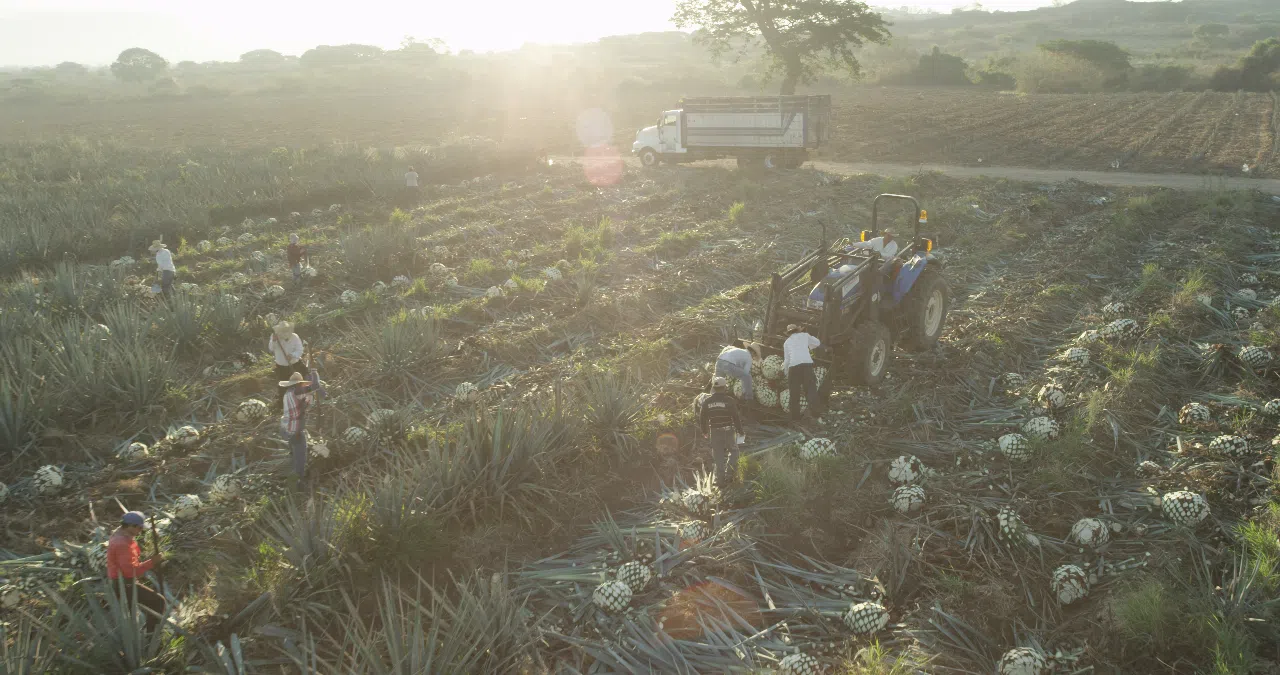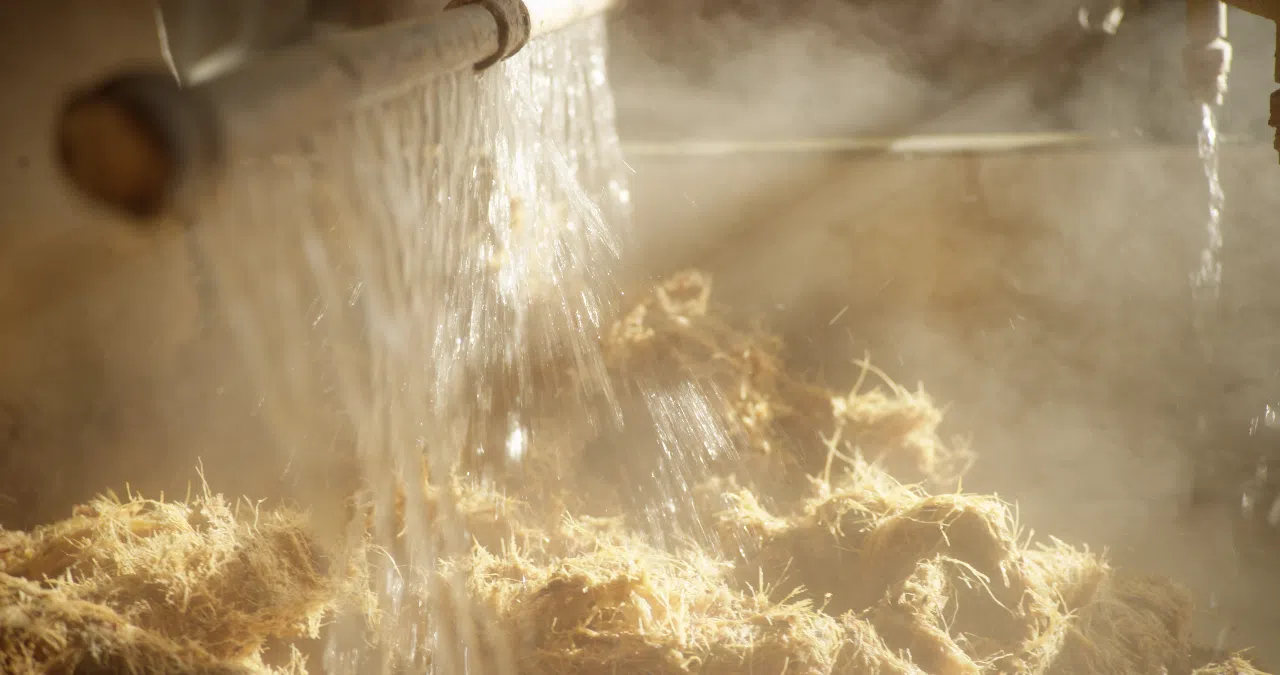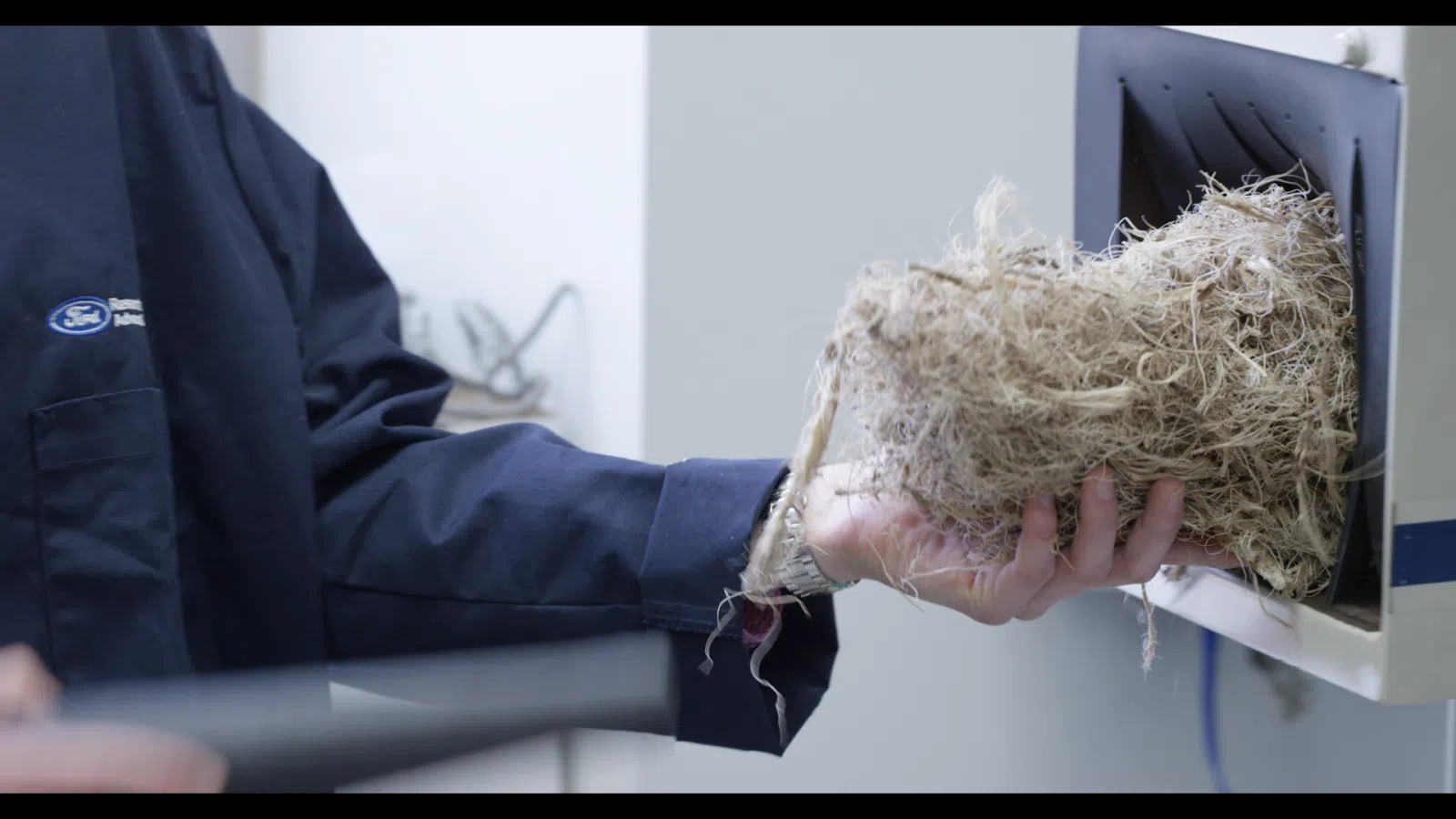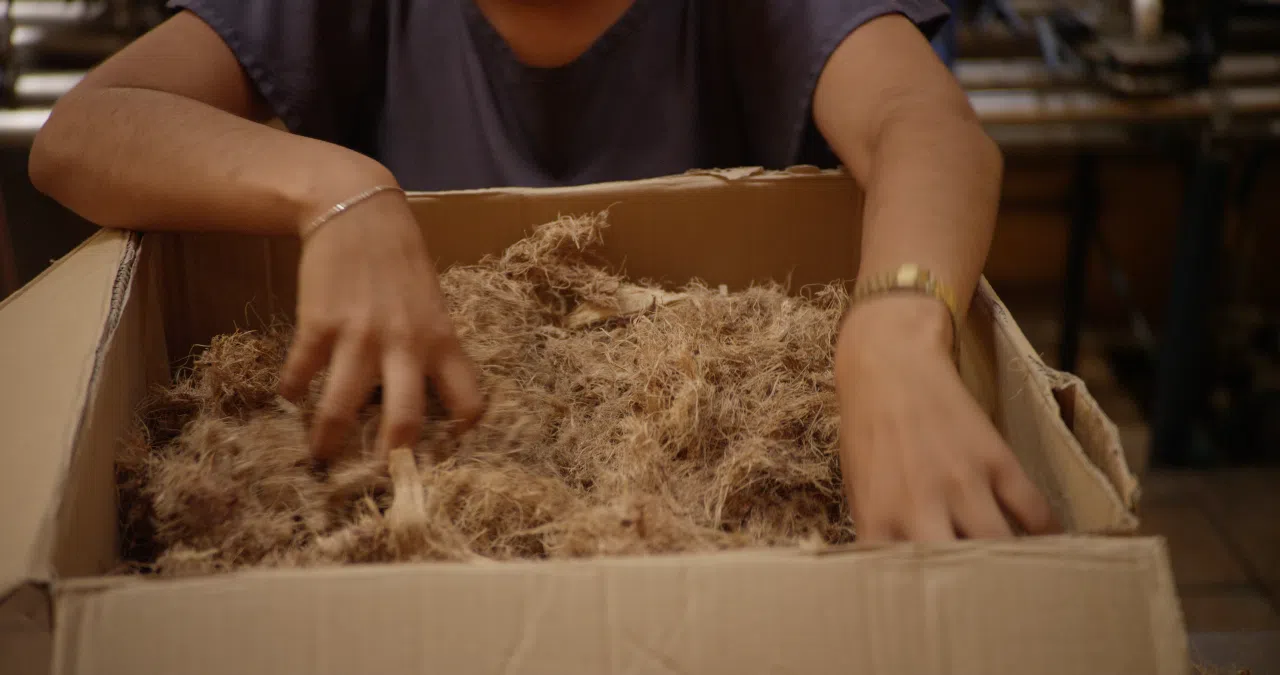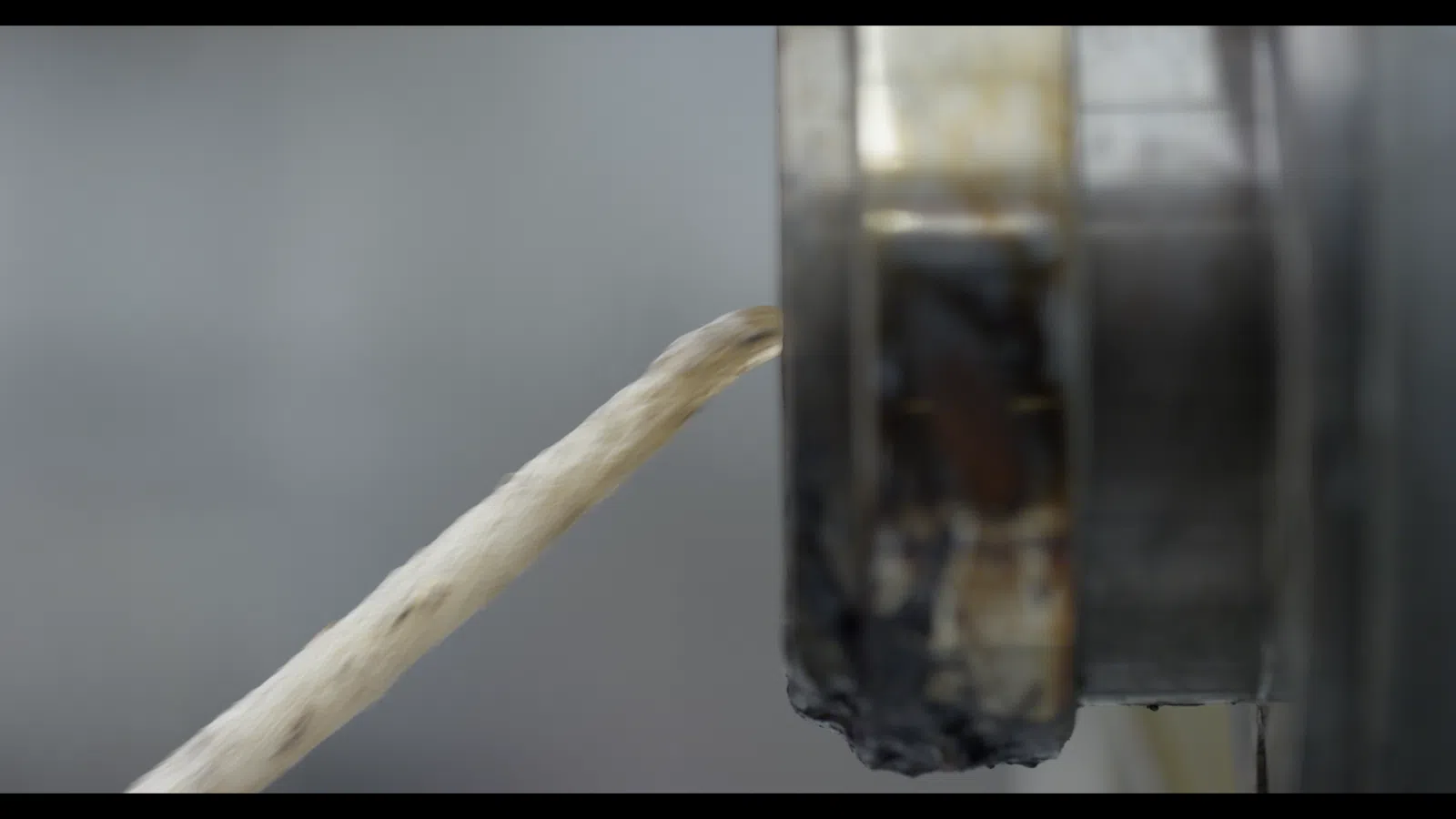In the near future many of the plastic parts or components of Ford cars will come from the Agave plant which is also used in the production of the famous Jose Cuervo® tequila.
Ford and Jose Cuervo are looking at using bioplastic from the Agave plant in vehicle interior and exterior components such as wiring, HVAC systems and storage areas. Early assessments suggest the material holds great promise due to its durability and aesthetic quality.
Exploring the potential of using the by-product of the agave plant - commonly known as immortal - from which tequila is produced will create sustainable bioplastics for Ford vehicles.
Successful development of a sustainable synthetic could reduce vehicle weight and energy consumption, limiting the use of petrochemicals and the environmental impact of vehicle production.
"At Ford, we aim to reduce our environmental impact," said Debbie Mielewski, Ford senior technical leader, sustainability research. "As leaders in sustainability, we are developing new technologies to utilize waste materials and fibers, reducing petrochemical use and making our vehicles lighter to achieve the desired fuel economy."
The growth cycle of the agave plant is a process of at least seven years. After harvesting, the heart of the plant is 'roasted' before it is ground and its juices extracted for distillation. Jose Cuervo uses a percentage of the remaining agave fibre as compost for its farms, while local artisans make agave artwork and paper from the residue.
Now, as part of Jose Cuervo's wider sustainability plan, the tequila producer is joining forces with the automotive industry to develop a new way to use residual fibre.
"Jose Cuervo is proud to partner with Ford to further develop the agave sustainability project," said Sonia Espinola, heritage director of the Cuervo Foundation and 'master tequilera'. "Having the most global tequila sales, we never imagined that the hundreds of agave plants we grow as a small family business could multiply into millions. This partnership brings together two great companies in the creation of innovative, environmentally friendly materials."
Like Ford Motor Company, Jose Cuervo is a family-owned company. Founded in 1795, it has been producing tequila for over 220 years with the same experience, quality and recipes passed down from generation to generation.
The collaboration with Jose Cuervo is the latest example of Ford's innovative approach to producing environmentally friendly products through the use of biomaterials. Ford began exploring the use of sustainable materials in its vehicles in 2000. Today, the automaker uses eight sustainable materials in its vehicles, including soy foam, castor oil, wheat straw, kenaf fiber, cyparin, wood, coconut fiber and rice husk.
According to the United Nations Environment Programme, 5 million metric tons of agricultural waste biomass are produced annually, which is exploited at zero to incomplete levels. However, the materials can be relatively low cost and help manufacturers to reduce the use of glass fibre and powder (talcum powder), but also to produce more sustainable and lightweight products.
"There are about 180 pounds of plastic in a typical car," Mielewski said. "Our job is to find the right place for a 'green synthetic' like this to reduce our impact on the planet. It's work I'm really proud of and could have broad appeal in numerous industries."
- Ford Motor Company and Jose Cuervo® are exploring the use of agave plants to produce a sustainable bioplastic material to incorporate into cars, giving the agave fibre by-product a second useful life cycle
- Researchers test the material's durability and heat resistance for possible use in vehicle interior and exterior components, such as wiring and storage areas
- A successful development of sustainable material will result in a reduction in the weight of a car's components, and thus in fuel consumption. The new material can reduce the use of petrochemicals, reducing the overall impact of vehicles on the environment



